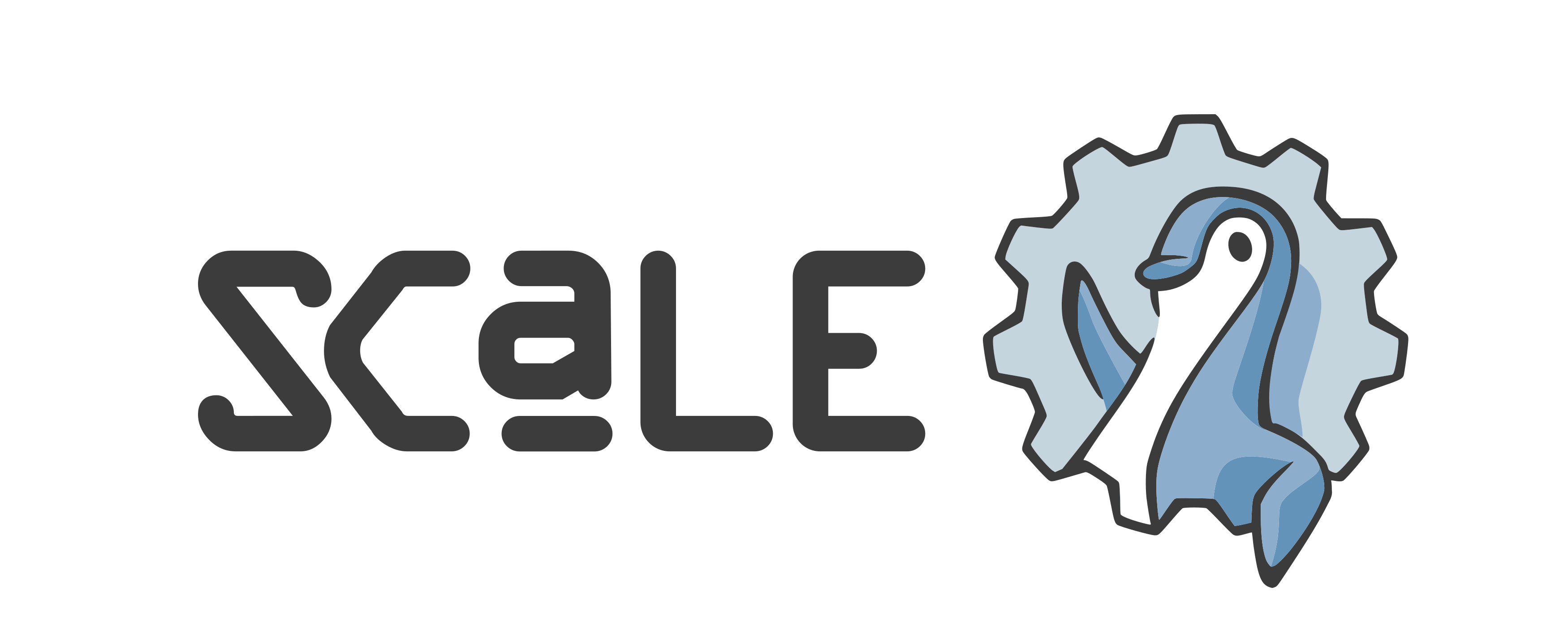Presentations

Curious about the Nix module system but don’t know where to start? This talk introduces the core concepts and basics of the Nix module system, designed for those new to Nix. We’ll break down how it works, why it’s so powerful for declarative configuration, and how you can start using it for your own projects. No prior experience is required—just a willingness to explore and learn!

Vitess is an open-source database solution for deploying, scaling, and managing large clusters of MySQL instances. It was designed to support high levels of read and write traffic for applications that need to scale horizontally across many servers.

This talk will highlight the ongoing challenges with implementing OpenStack Neutron ML2/OVN and Ironic/SR-IOV external ports.

Is the term "AI" obfuscating every practical conversation about everything? Can we cut through the noise and ride this wave by understanding, designing, and deploying a new breed of search, fully integrated with your existing data and database? Yes, yes, we can!
This talk will dig into the weeds of vector search. We'll explore both the core math of the technology, as well as the applicability to a wide variety of use cases. We'll differentiate it from preceding search technologies and find how it fits within an overall data retrieval strategy.

In Kubernetes 1.30 authentication just got a whole lot hotter! Join us as we explore Kubernetes Structured Authentication Configuration, including support for multiple JWT authenticators and policy-based access control with CEL. Drop the command line argument - we’ll show you how to navigate the centralized config file approach.

Modern cloud applications and platforms make it easy to use multiple data services and tools resulting in wide range of deployments, services and data stores within an organization.
This poses a challenge for data protection and disaster recovery because all those tools have their own mechanisms, datastores and recommendations for backup and restore.
In this talk we're going to learn how to use K8s tools to organize data protection processes and make day2 operations easier using CNCF project Kanister.

This session introduce a Dashboard-AI architecture running on Kata container
The platform is powered by LLM image to provide services such as data analysis, data forecast and dashboard generation
Usage of kata container allows us to scale and monitor a cluster of secured images

Get a technology overview of how Kata Containers, an open source, secure container runtime project, utilizes virtualization technology to overcome the biggest gap in traditional containers, the lack of isolation. The project is running in production in large public clouds, financial institutions, and being utilized for machine learning use cases to ensure data privacy. For an additional layer of protection Kata can be integrated with the Confidential Containers (CoCo) project, which brings confidential computing mechanisms into the container space.

Ever wanted your own private version of ChatGPT? LLMs offer powerful capabilities, but not everyone is comfortable sending their data over the internet to Microsoft, OpenAI, or Anthropic. Fortunately, open-source tools make it possible to set up and customize a local, secure LLM on your own terms. From installation to optimization, this talk will guide you through the process step by step, with demos to illustrate each stage. It’s time to build your own mini-Jarvis and start getting things done, efficiently, securely, and privately.

Replication conflicts can disrupt the consistency and reliability of a PostgreSQL database, especially in high-demand environments. This talk focuses on practical steps for monitoring, detecting, and resolving common replication conflicts.
